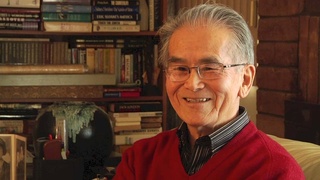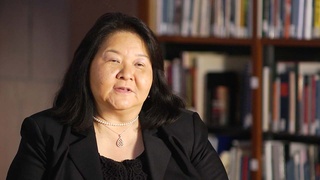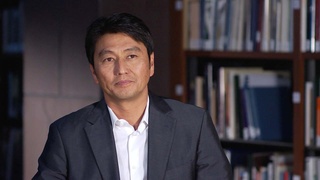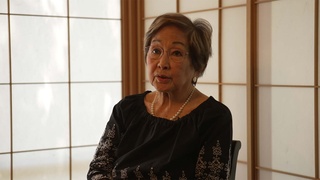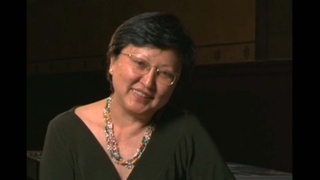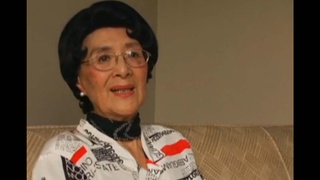Interviews
Moved to Japan as my dekasegi father called on me (Japanese)
(Japanese) I think I came to Japan in September or October in 1989. I came to work, I came to Japan for my father’s work. At that time, he was living in Japan as a dekasegi.
At first, my father came to Japan with some relatives and I think they were planning to go back in a few years. He wasn’t going to stay in Japan for a long time, so with small belongings, with minimum belongings he came to Japan, just my father as a dekasegi and once he earned some money he was going to stay in Japan, uh, I mean, he was planning to go back to Brazil, so at first not every member of the family came here. My father and some relatives came here first, and once they started living, they found that Japan was a very comfortable place, so he asked us – why don’t you all come here? Then I moved here with my mother and brothers together with some other relatives.
Date: October 18, 2016
Location: Gunma, Japan
Interviewer: Shigeru Kojima
Contributed by: Watase Media Arts Center, Japanese American National Museum


